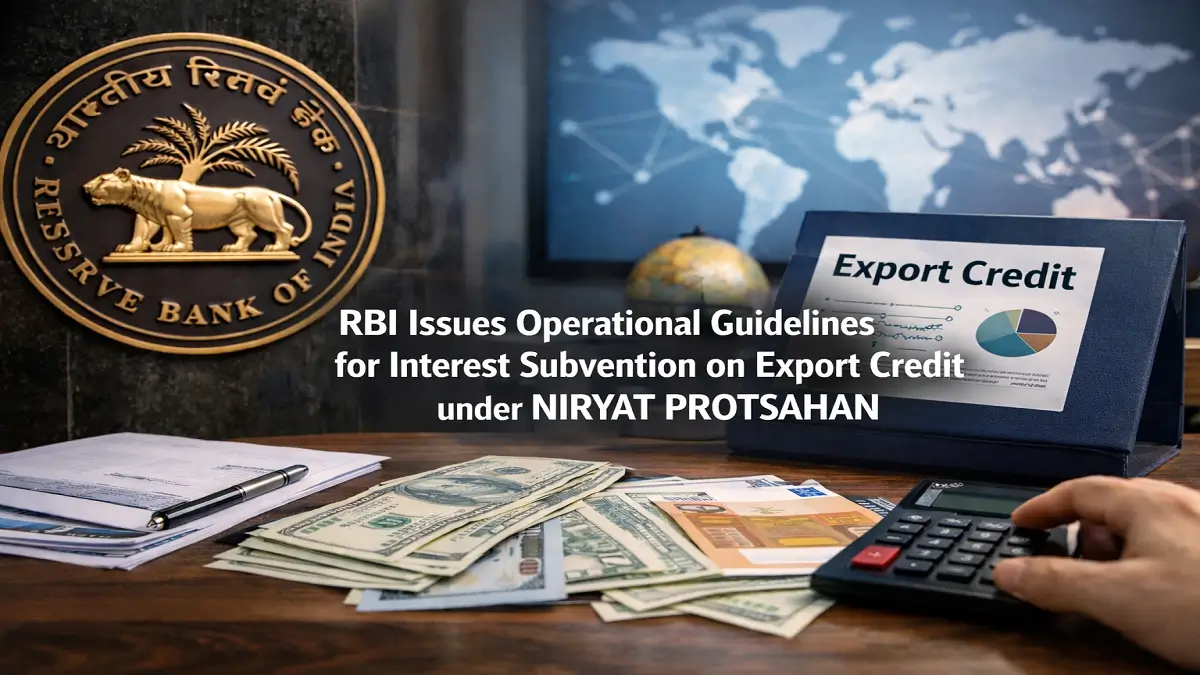RBI Appoints Muneesh Kapur as Executive Director
The Reserve Bank of India (RBI) has recently made a significant appointment by naming Muneesh Kapur as its Executive Director. This move has grabbed the attention of aspirants preparing for various government exams, including those for positions in the banking sector, civil services like IAS, and more. In this article, we will delve into the importance of this news, provide historical context, and outline the five key takeaways that students should be aware of for their exam preparations.

Why this News is Important
1. Strengthening RBI Leadership: The appointment of an Executive Director at the RBI is a crucial development for the central bank. It plays a pivotal role in enhancing the leadership team, which is responsible for formulating monetary policies and regulating financial institutions in India.
2. Impact on Banking Sector Exams: For candidates aspiring to secure positions in the banking sector, especially in banks regulated by the RBI, understanding the leadership dynamics within the central bank is essential. Questions related to RBI’s functions, leaders, and recent changes often appear in competitive exams
Historical Context
To fully comprehend this news, let’s provide some historical context. The Reserve Bank of India is the country’s central banking institution, responsible for controlling the issuance and supply of the Indian Rupee. Established in 1935, it has played a critical role in India’s economic development. RBI’s Executive Directors are senior officials responsible for overseeing various departments within the bank and contributing to policy formulation.
Key Takeaways from “RBI Appoints Muneesh Kapur as Executive Director”
| Serial Number | Key Takeaway |
|---|---|
| 1 | Muneesh Kapur has been appointed as RBI’s Executive Director. |
| 2 | RBI’s leadership appointments have far-reaching implications for India’s financial sector. |
| 3 | Aspirants preparing for banking exams should stay updated with such appointments for their competitive edge. |
| 4 | RBI’s role in shaping India’s economic policies makes it a crucial topic for civil service aspirants. |
| 5 | Understanding the historical context of RBI’s functions and leadership is essential for comprehensive exam preparation. |
Important FAQs for Students from this News
Q1. Who has been appointed as the Executive Director of RBI?
A1. Muneesh Kapur has been appointed as the Executive Director of RBI.
Q2. Why is this appointment important for government exam aspirants?
A2. This appointment is significant for exam aspirants as it may be a potential topic in competitive exams, especially those related to banking and civil services.
Q3. What is the historical context of RBI’s role in India’s economy?
A3. The RBI, established in 1935, plays a crucial role in controlling the issuance of the Indian Rupee and shaping India’s economic policies.
Q4. How does RBI’s leadership impact the banking sector?
A4. RBI’s leadership appointments have a direct influence on India’s financial sector, making it relevant for banking sector exams.
Q5. How can students use this news to enhance their exam preparation?
A5. Students can stay updated with current affairs like this appointment to gain a competitive edge in their exams and understand the dynamics of India’s central bank.
Some Important Current Affairs Links

















